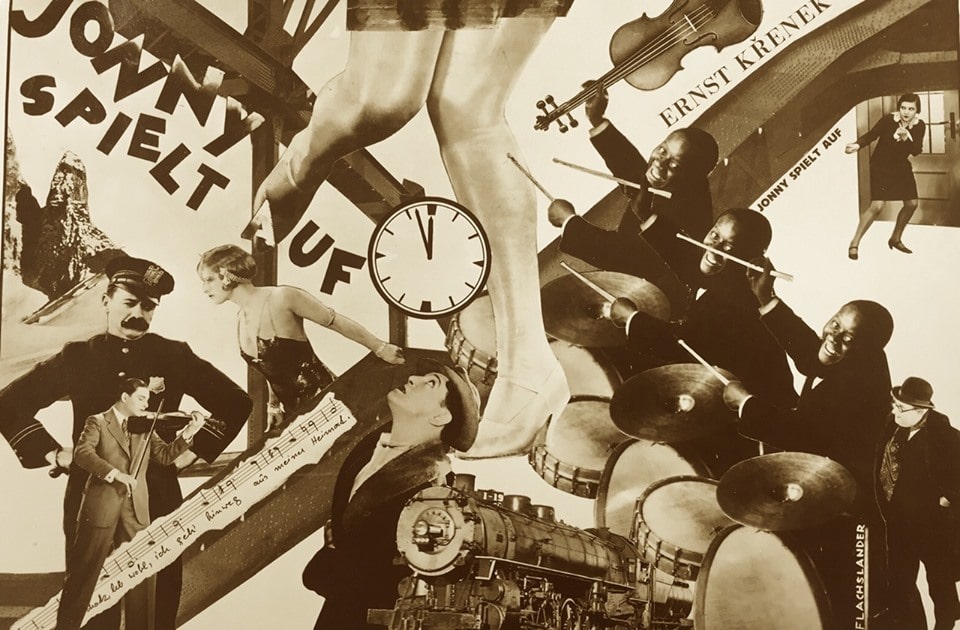The Slipped Disc daily comfort zone (161): Here’s …. Jonny
mainThe composer Ernst Krenek would have turned 120 today.
His greatest hit was the 1927 opera Jonny spielt auf, which the Nazis targeted as the epitome of decadent modernism.
Krenek went into US exile, dying in 1991.
Jonny is hardly ever seen nowadays.






Comments